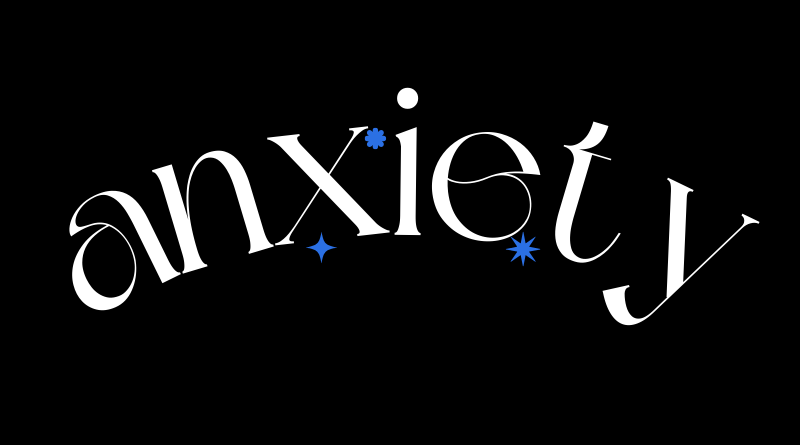5 Useful Tips for Managing Anxiety in Retirement
Simple Strategies for Finding Calm and Confidence in Your Next Chapter
Tip #1 – Notice Your Triggers
In retirement, your daily rhythm changes—and with it, new triggers can arise. Perhaps long stretches of unstructured time leave you feeling unsettled, or maybe you’re worried about your health, relationships, or financial security. These changes can cause you to feel vulnerable or unsure.
Start by observing what tends to spark your anxious feelings. Keeping a simple journal can help you identify patterns. Once you’re more aware of your triggers, you can create a thoughtful plan: schedule engaging activities during high-stress times, build in calming breaks, or reach for tools that ground you, such as a mindful walk, a hot drink, or breathing exercises. Recognizing your emotional rhythms is the first step to taking back control.
Tip #2 – Keep Moving
Movement is one of the most effective and natural ways to reduce anxiety. It helps regulate your nervous system, boosts mood-enhancing chemicals, and brings structure to your day. In retirement, it’s easy to become sedentary without a daily routine, but moving your body—even gently—can make a powerful difference.
You don’t need to join a gym or run marathons. A daily walk around the neighborhood, light yoga, dancing in the living room, or gardening can be therapeutic. Find forms of movement that bring you joy or help you feel more connected to your body. Over time, regular activity can not only ease anxiety but also increase energy, confidence, and overall well-being.
Tip #3 – Pause and Breathe
When anxious thoughts take over, your breath often becomes shallow and rapid—feeding the cycle of stress. One of the simplest and most powerful ways to interrupt anxiety is to return to your breath.
Practice this simple technique: Inhale slowly for 4 counts, hold your breath for 4, exhale for 4, and pause for 4. This ‘box breathing’ helps reset your nervous system and gently brings you back to the present moment.
In retirement, this kind of mindful breathing can become a daily ritual—whether you begin your morning with a few deep breaths, take a calming pause before meals, or use it in moments of overwhelm. Breathing is always available to you. Let it become a trusted companion.
Tip #4 – Reach Out
Retirement can sometimes feel isolating—especially if you’ve left behind a busy workplace or your social circles have changed. Yet anxiety often worsens in isolation. One of the most healing things you can do is talk to someone.
This could be a trusted friend, family member, fellow retiree, or professional such as a retirement coach or therapist. Many communities also have local support groups, online forums, or adult learning programs where you can meet others navigating similar life transitions.
The simple act of being heard—of having someone listen with empathy and without judgment—can lessen anxiety and build emotional resilience. You don’t have to go through this alone.
Tip #5 – Reclaim Your Sense of Control
Anxiety can make life feel unpredictable and overwhelming. But even small, intentional actions can help you rebuild a sense of control. In retirement, you have more freedom than ever—now is the time to reclaim it.
Start by making manageable daily choices: what you eat, when you wake, how you start your day, what media you consume, who you engage with. These choices may seem small, but they become powerful anchors.
You are not powerless in the face of anxiety. Every time you act with intention, you reinforce the belief that you are in charge of your own well-being. That belief is a powerful antidote to anxiety.
You Are Not Alone
Anxiety in retirement is more common than many people realize, but it’s also very manageable with support and self-awareness. You’ve already navigated major life transitions—raising a family, building a career, caring for others. Now it’s your time to care for yourself.
Whether through mindful habits, social connection, or professional coaching, you have the ability to create a retirement that feels grounded, purposeful, and peaceful. Take it one day at a time, and know that support is always within reach.

